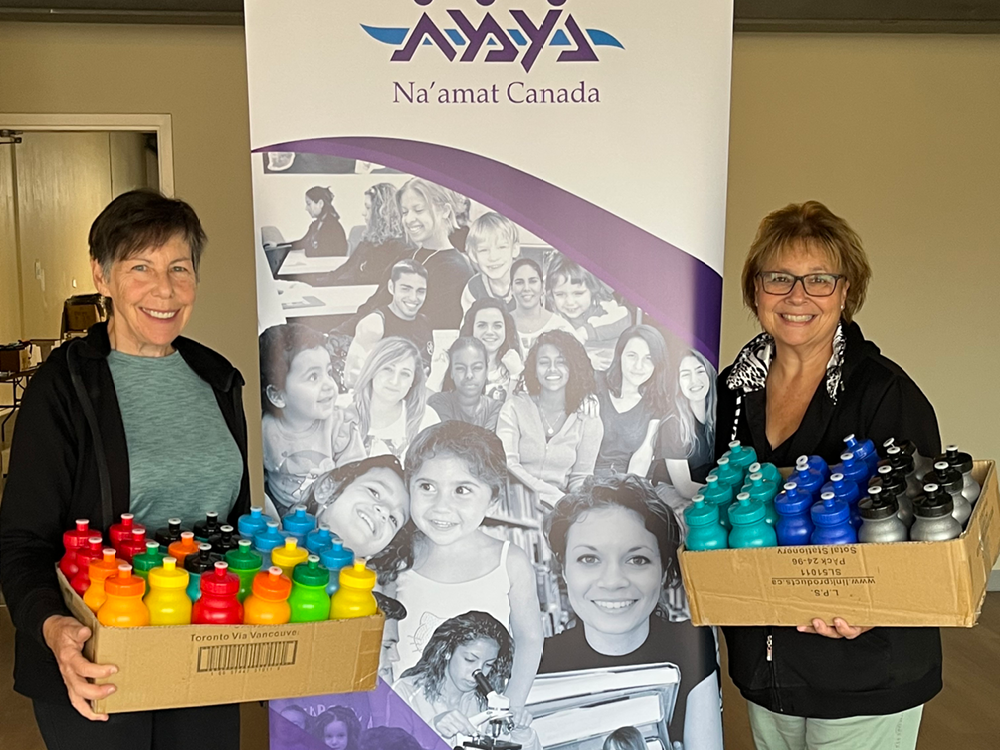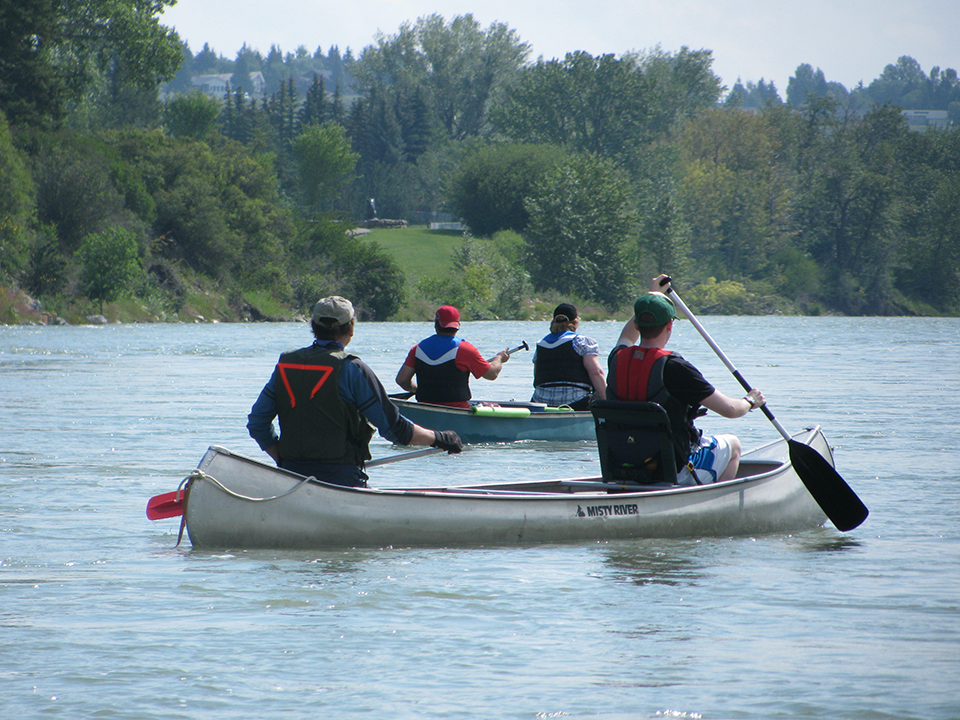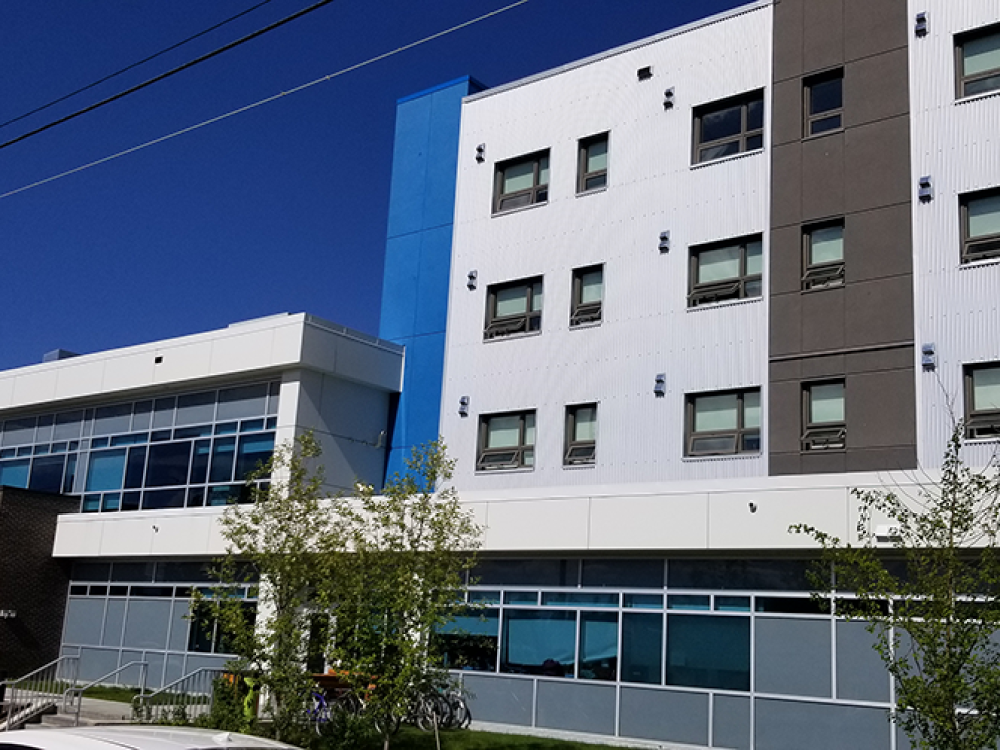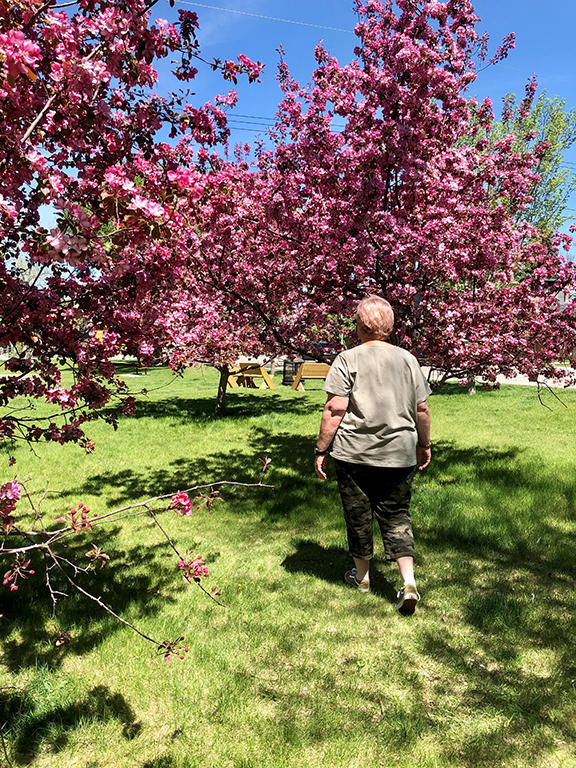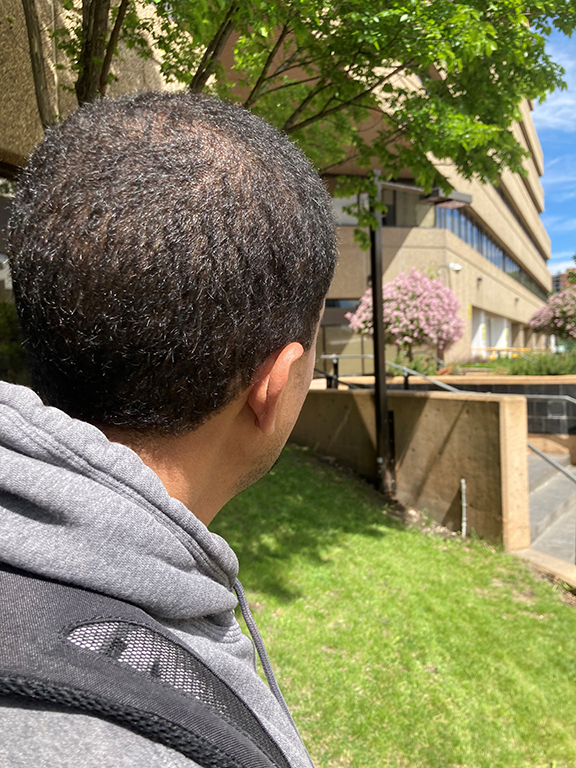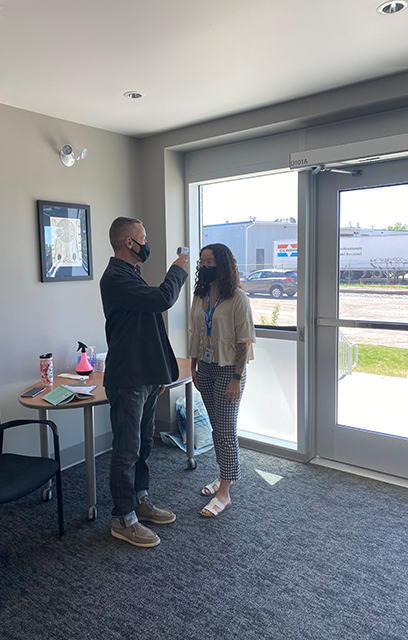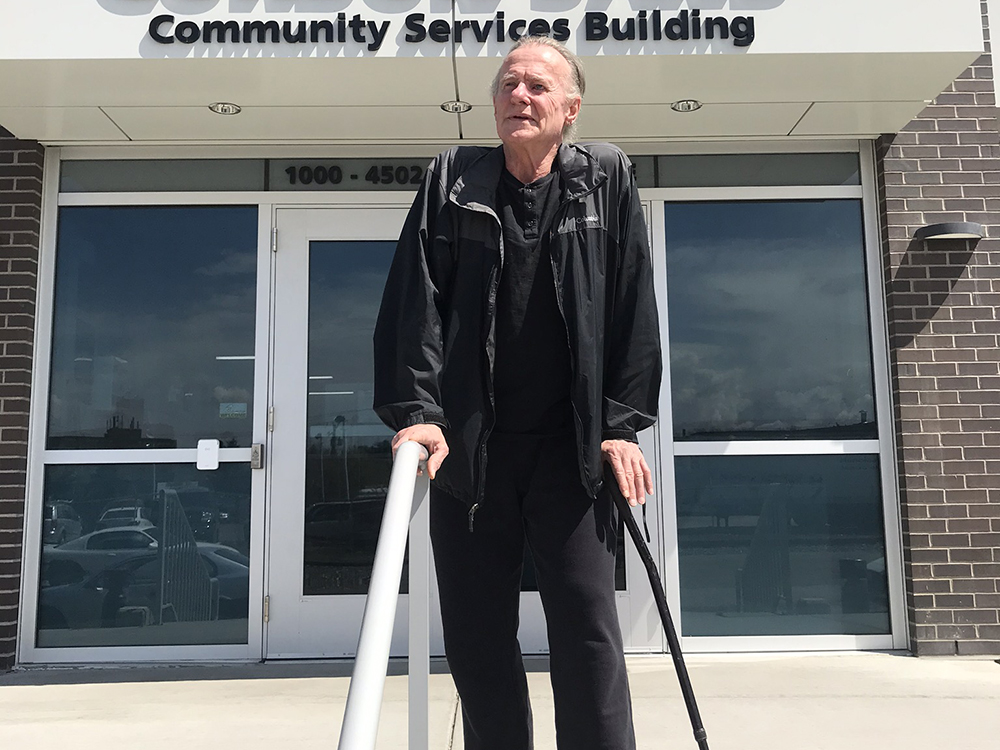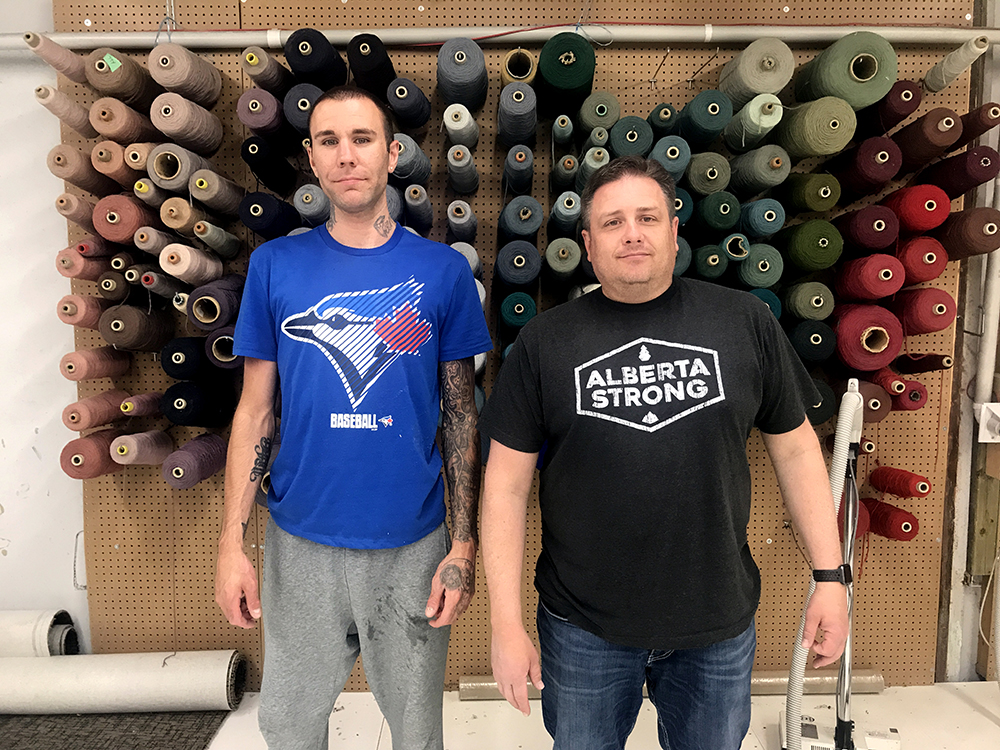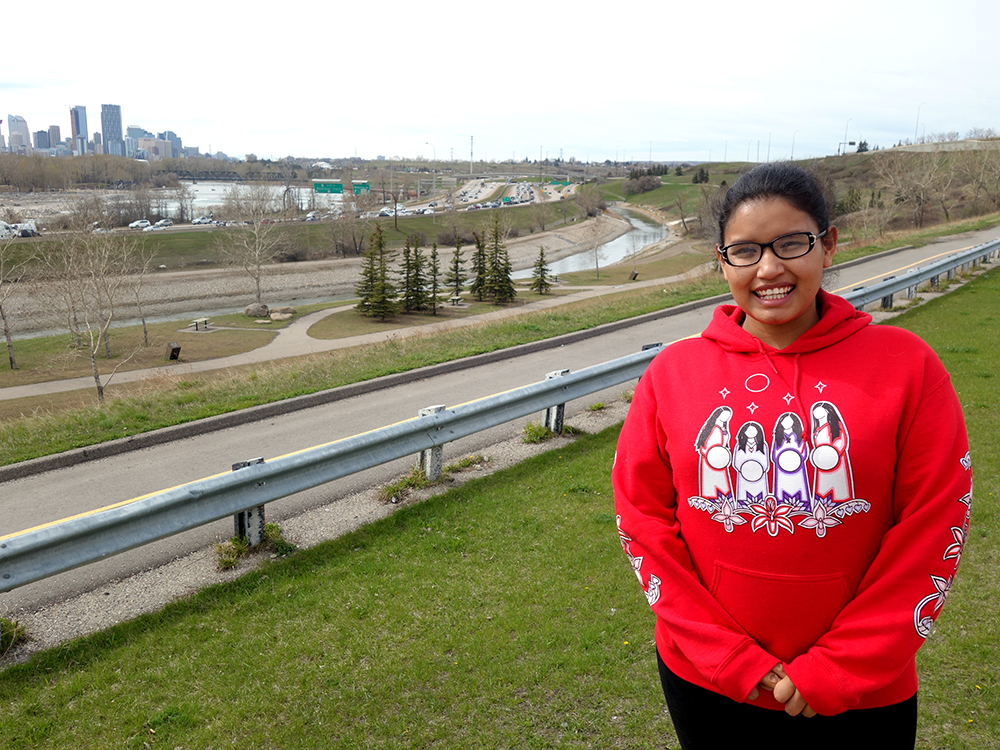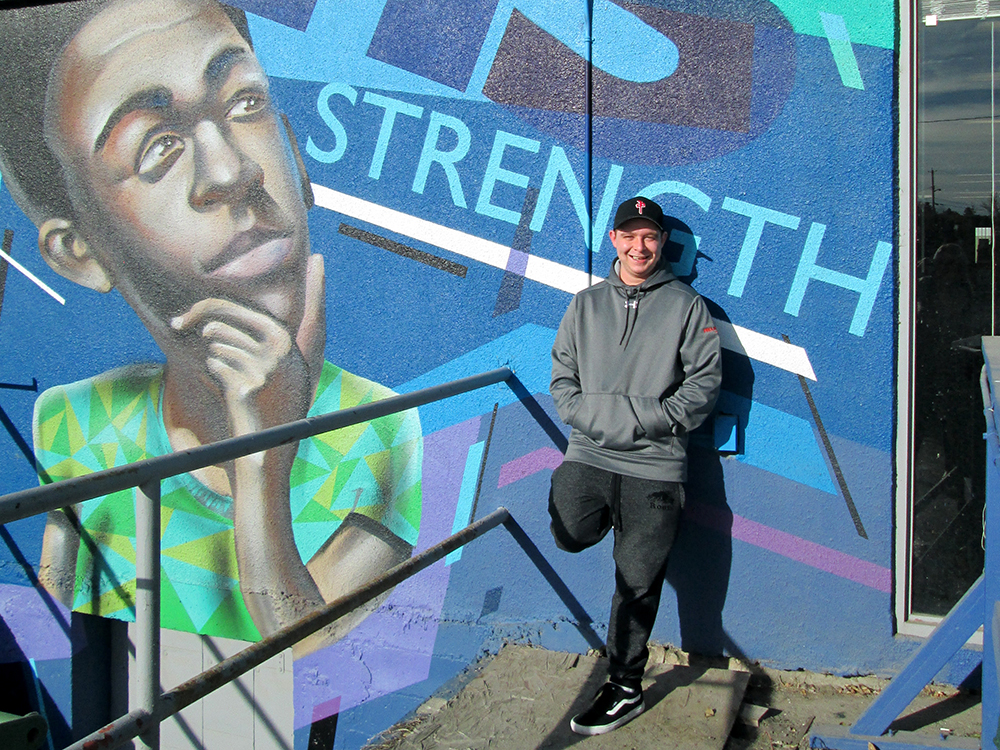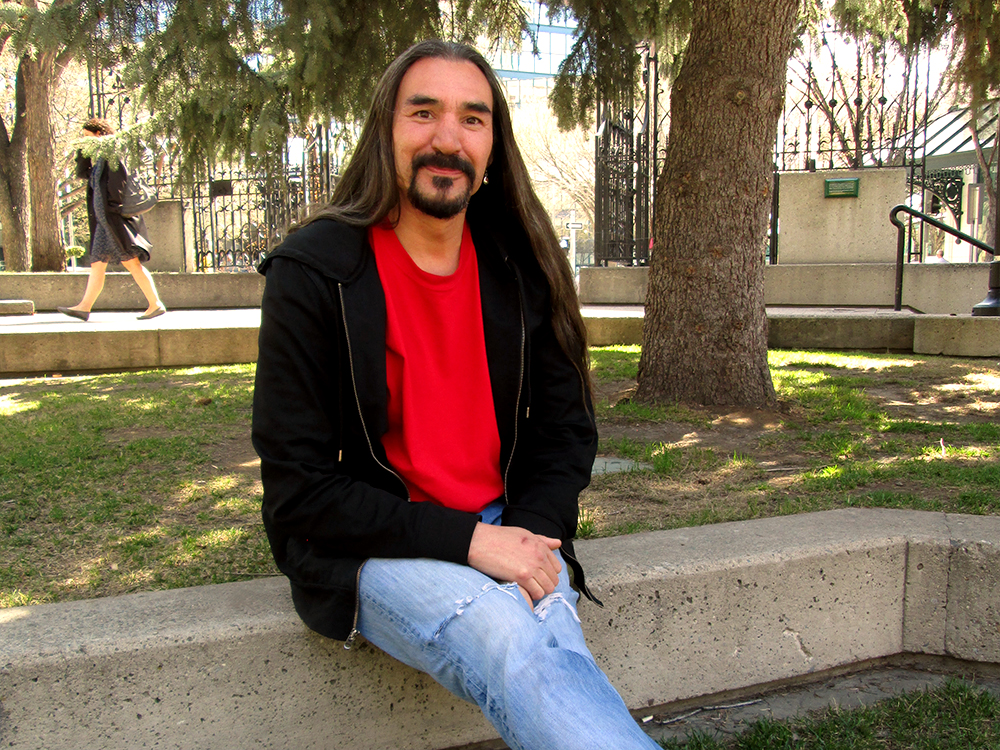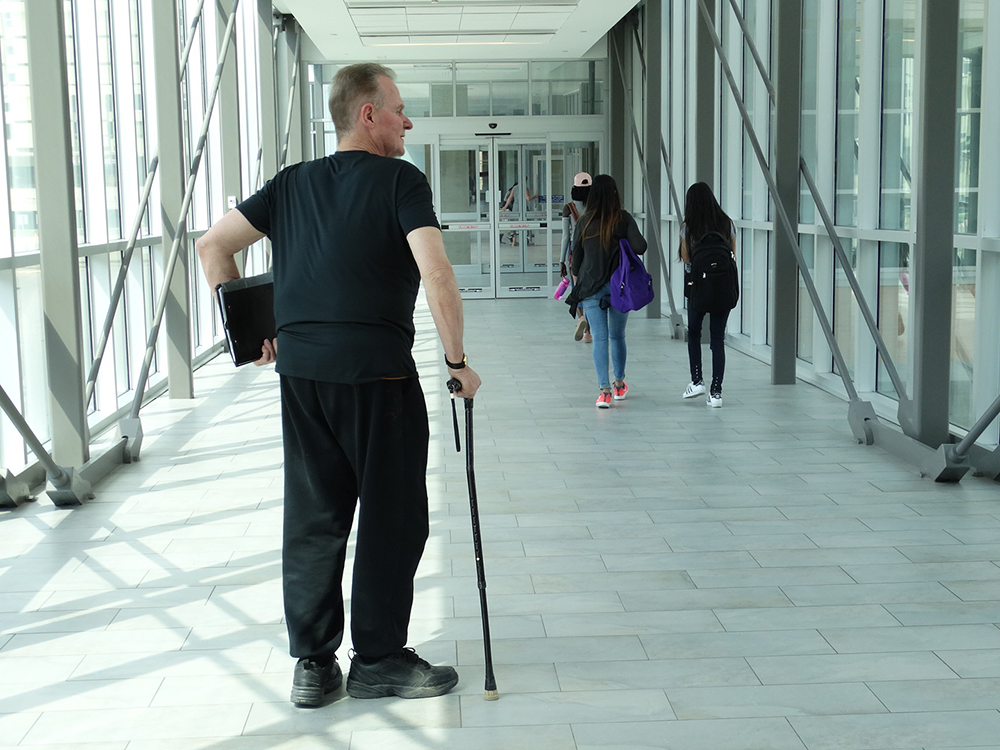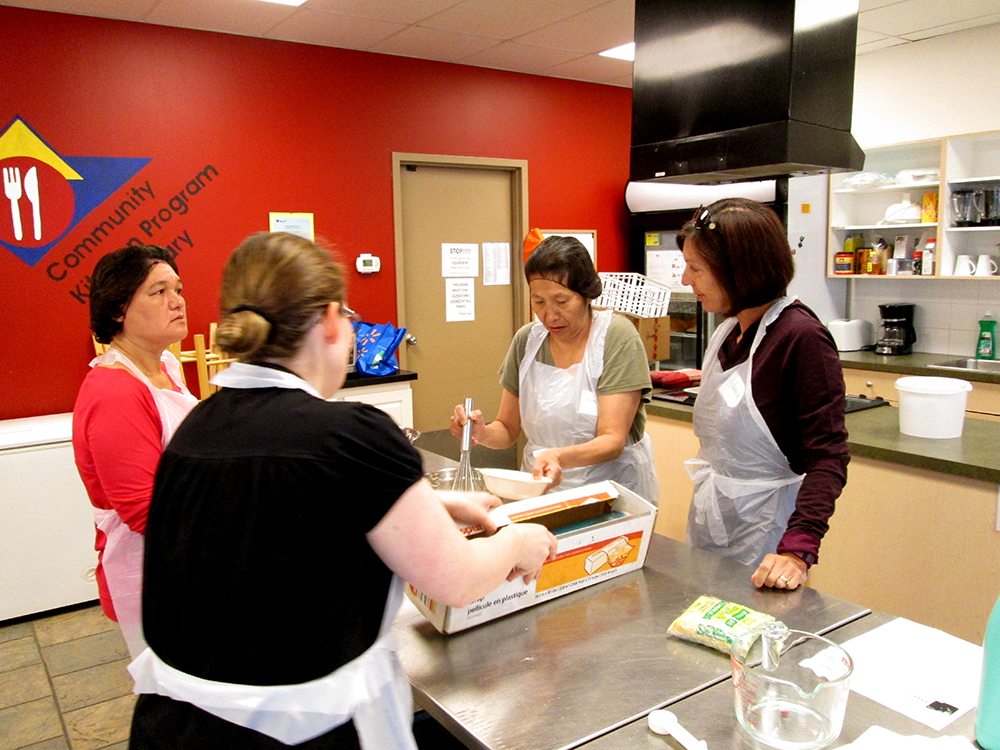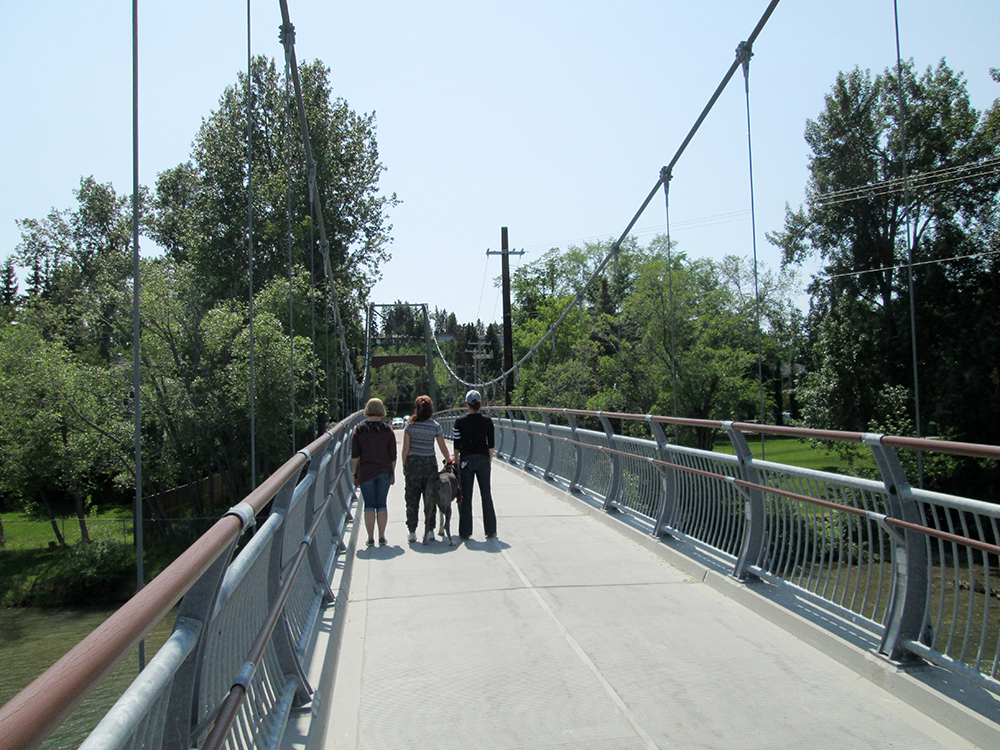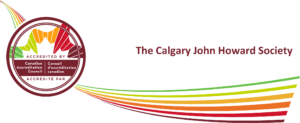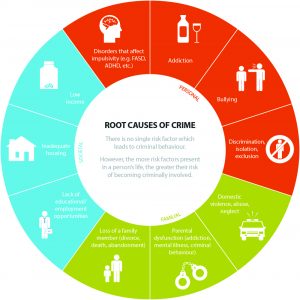 The Brain Story
The Brain Story
In 2018, CJHS embarked on a journey of change that would enable us to better serve our justice-involved clients — the overwhelming majority of whom experienced trauma as children.
The Alberta Family Wellness Initiative (created by the Palix Foundation) has been guiding this journey over the past year, as our staff are trained through The Brain Story certification, where neuroscience shows how trauma, including Adverse Childhood Experiences, can change the way a person’s brain is wired. Adverse childhood experiences are negative, stressful, traumatizing events that occur during childhood which can lead to negative physical and mental health outcomes in adulthood.
With the help of brain science, CJHS is adapting our practices to include new, evidence-based frameworks, such as trauma-informed services. This will ensure that staff are better able to understand the people we serve, and provide them with quality care that is consistent across the agency.
Brain science has given us a better understanding of the youth and adults we work with, and is helping us to enhance and improve our services so they are more effective and client-centred.
For people who have been involved in the justice system, their criminal behaviour can often be traced back to trauma they experienced as a child. By addressing their trauma, we can be more intentional in how we work with clients so that we reduce their risk of breaking the law, making the community safer for everyone.
Natural Supports Practice Framework
CJHS has been using the Natural Supports Practice Framework (NSPF) to work with youth for many years. Natural supports are non-professional relationships in one’s life — family members, friends, chosen family, etc. Evidence has shown that, when professionals include natural supports in a youth’s support plan, the youth is more likely to succeed.
Recognizing the value of NSPF, CJHS is working on adapting a version for our adult clients. This framework will be used for organizational change, as it will be integrated into all aspects of our agency through various training sessions.
This framework puts clients at the forefront — seeing them as the experts in their own lives, while professionals (e.g. caseworkers) are the support. Staff will teach clients stronger skills (e.g. boundaries) to use in their personal relationships. Staff will also connect with a client’s natural supports to assist them in fostering these relationships. This will reduce the dependency on professionals and make room for new clients so more individuals can be supported in moving away from criminal involvement.
Principles of the Natural Supports Practice Framework
1. Connection first — connection to natural supports is treated with the same urgency as food, shelter and clothing
2. Seek out and scooch over — actively seek out natural supports and create space for them to contribute
3. Doing with, not for — we respect the autonomy of individuals and their natural supports
4. Social emotional learning — we support individuals to build and maintain meaningful relationships
5. A harm reduction approach to relationships — we cultivate a more realistic approach to risk management and safety







